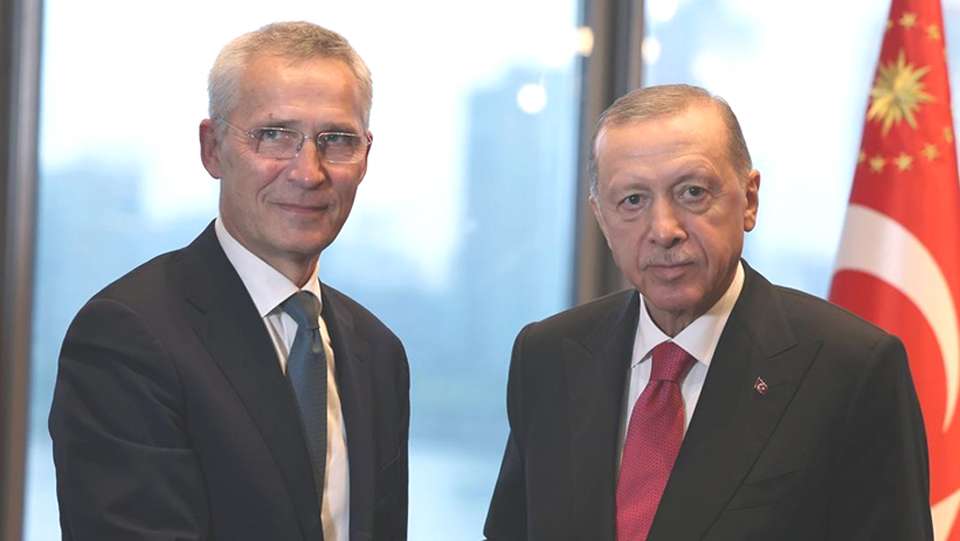Three weeks ago, the EU’s attitude towards Turkiye changed, with Josep Borrell, the EU’s high representative for foreign affairs and security policy, and Oliver Verhelyi, the European commissioner for neighborhood and enlargement, making comprehensive statements about the state of EU-Turkiye relations. The European Council invited Borrell and the European Commission to submit a report on EU-Turkiye relations and how they might proceed strategically. The EU General Affairs Council signaled readiness for “engagement” with Turkiye, underlining that Turkiye is a candidate for EU membership and a key associate in various areas.
The Middle East is in turmoil, and the war in Ukraine has almost reached a stalemate. Turkiye and Greece have made positive steps towards each other, leading many observers in Turkiye to think that the EU had decided to come up with a positive agenda for relations. The Euro-Atlantic community is making fresh overtures to Turkiye, as countries need the support of other countries during uncertain times. The EU proposed exploring mutually profitable areas of cooperation with Turkiye but added that any engagement had to be progressive, proportionate, and reversible. The report by Borrell and Verhelyi was expected to be submitted to the EU summit, but an invisible hand withheld its publication.
The US is focusing on Sweden’s NATO accession, while Turkey is negotiating with Congress over the purchase of 36 F-16 fighter jets and upgrades to 80 already in Turkish possession. The US Congress is seeking to maintain control over the matter. The US and Turkey are grappling with disagreements over Sweden’s NATO membership, with the US aiming for swift accession. Turkiye is attempting to reach an agreement with US authorities on the purchase of F-16s, while Turkey has submitted a motion to approve Sweden’s NATO membership to the Turkish parliament. This has caused friction between the US Congress and the Turkish parliament.
Turkish President Recep Tayyip Erdogan has proposed that motions be submitted simultaneously to Congress and the Turkish parliament to speed up the process. The US is more likely to drag its feet in this matter, as Turkiye is unlikely to oppose US wishes if the F-16 deal is resolved. Sweden’s NATO accession has become a side issue. There are also other disagreements between Ankara and Washington, including the humanitarian crisis in Gaza and the need for the US to withdraw its support for Israel’s actions during the war.
The White House has emphasized the importance of strengthening the NATO alliance and Israel’s right to defend itself. Biden and Erdogan are expected to meet again at the annual NATO summit in Washington next year. Ankara and Washington are also discussing the recent joint military maneuvers between US forces in Syria and the Syrian Democratic Forces, which includes members of the Kurdistan Workers’ Party (PKK). Turkiye considers this issue more important than any other and Erdogan is likely to raise it with Biden at the NATO summit. Russia has also praised Erdogan’s role in resolving the situation in Gaza. While Turkey’s problems will not be resolved overnight, the positive international context of its name makes it easier to work towards solving some of its problems.


